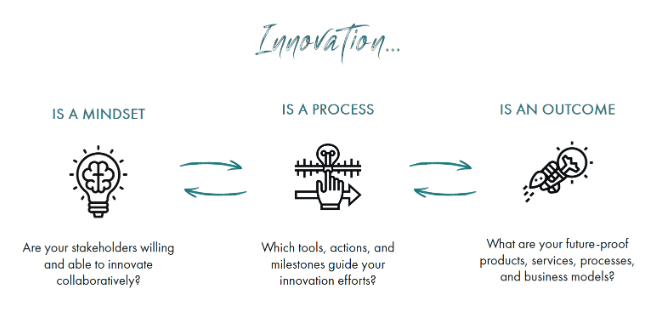The landscape of IT work has been fundamentally transformed by the rise of remote collaboration, creating new paradigms for how technology professionals manage infrastructure, support users, and deliver solutions across distributed teams. From secure remote access systems to collaborative development platforms and intelligent monitoring tools, technology is playing a crucial role in reshaping how IT services are delivered in the modern workplace. Amid challenges like maintaining security across diverse locations and ensuring seamless team coordination, innovative remote work tools are emerging as essential components for enhancing productivity, improving service delivery, and bridging critical operational gaps.
The Evolution of Remote Access Technologies
Modern remote access solutions go beyond basic screen sharing — they now incorporate advanced features like multi-factor authentication, session recording, and intelligent routing. For instance, enterprise-grade remote desktop tools that provide secure system control and real-time collaboration have gained widespread adoption not only among individual IT professionals but are increasingly being integrated into organizational IT service delivery frameworks to support distributed workforce management.
Technology companies and IT service providers are rapidly embracing these advanced capabilities. Solutions such as AI-enhanced troubleshooting platforms and cloud-based system management tools are helping to deliver enterprise-quality IT support to remote teams where traditional on-site technical infrastructure is not available.
Secure Connectivity and Network Solutions
A major challenge in remote IT operations is maintaining secure, reliable connections across diverse network environments. Virtual Private Network technologies offer robust solutions by creating encrypted tunnels for data transmission. Enterprise VPN solutions allow IT administrators in central locations to provide secure access to corporate resources for remote workers, reducing security risks and enabling consistent service delivery.
Moreover, software-defined networking tools and cloud-based security platforms are proving invaluable in environments with varying internet quality and security requirements. These technologies empower IT teams to maintain consistent security policies and network performance across distributed work environments.
Collaboration Platforms and Communication Systems
The success of remote IT operations depends heavily on effective communication and collaboration tools that integrate seamlessly with technical workflows. Modern platforms combine real-time messaging, video conferencing, and project management capabilities to create unified work environments. Integration with development tools, ticketing systems, and monitoring platforms allows IT teams to coordinate complex technical operations while maintaining clear communication channels.
Leading technology organizations are implementing comprehensive collaboration ecosystems that support everything from code reviews and system deployments to incident response and knowledge sharing. These integrated approaches help bridge the gap between distributed team members and maintain operational efficiency.
Development and Version Control Systems
Remote software development and infrastructure management require sophisticated version control and collaboration platforms. Modern Git-based systems provide not only source code management but also integrated continuous integration pipelines, code review processes, and project management capabilities. These platforms have become essential for coordinating development efforts across distributed teams while maintaining code quality and deployment consistency.
Cloud-based development environments and containerized deployment systems further enhance remote development capabilities by providing consistent, reproducible development and testing environments regardless of individual team member locations or local system configurations.
Monitoring and Incident Management
Proactive system monitoring and coordinated incident response present unique challenges in remote work environments where team members may be distributed across different time zones and communication channels. Advanced monitoring platforms now incorporate artificial intelligence for predictive analysis, automated alerting systems, and integration with communication tools to enable rapid response to system issues.
Modern incident management platforms provide centralized coordination capabilities, automated escalation procedures, and comprehensive reporting tools that help distributed IT teams maintain high service availability while coordinating response efforts across geographic and organizational boundaries.
Challenges and Opportunities Ahead
Despite significant technological advances, remote IT work faces several ongoing challenges including tool integration complexity, security management across diverse environments, and maintaining team cohesion across distributed locations. However, emerging technologies like artificial intelligence-assisted troubleshooting, automated deployment systems, and enhanced collaboration platforms are creating new opportunities for improved efficiency and service delivery.
Additionally, the growing demand for flexible work arrangements and global talent access creates opportunities for organizations to build more diverse and capable IT teams. Advanced remote work tools are enabling companies to access specialized skills regardless of geographic location while maintaining high operational standards.
Conclusion
Remote work tools are not just enablers of distributed IT operations; they represent a fundamental shift toward more flexible, efficient, and resilient technology service delivery models. While integration challenges and security considerations remain, the strategic implementation of comprehensive remote work toolsets offers a pathway toward more agile, scalable, and effective IT organizations. With continued innovation in collaboration technologies, security platforms, and automation tools, IT professionals can build robust remote work capabilities that deliver exceptional results regardless of physical location.
Would you like this article adapted for a specific publication, such as a technology journal, IT newsletter, or professional blog?



